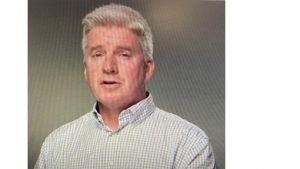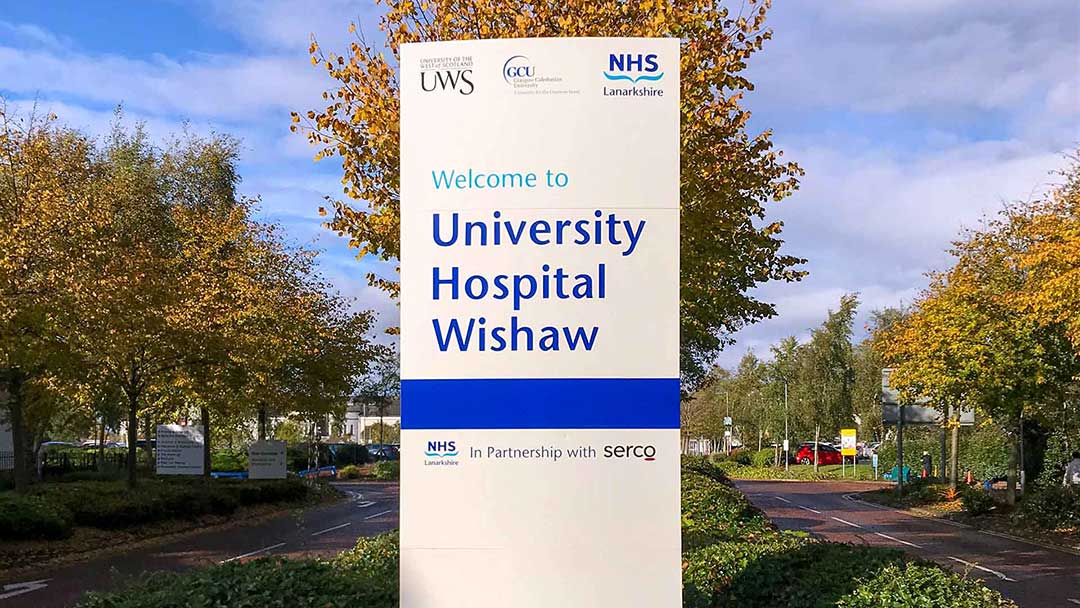Below is a message from Dr Jennifer Armstrong, medical director, NHS Greater Glasgow and Clyde and Chair of the West of Scotland Major Trauma Network Steering Group which comprises senior clinical experts and managerial colleagues from across the West of Scotland together with Scottish Ambulance Service.
Across Scotland, how we treat major trauma patients and their life-threatening injuries is changing. On 30 August, the West of Scotland Major Trauma Network will formally launch with the official opening of the major trauma centres at Queen Elizabeth University Hospital and Royal Hospital for Children. Over the coming weeks, we will introduce you to the team and explain how the new pathways will benefit both the NHS and our patients.
The major trauma centres will be supported by six stand along trauma units (TU) – Glasgow Royal Infirmary, Royal Alexandra Hospital Paisley, University Hospital Wishaw, University Hospital Crosshouse, Forth Valley Royal Hospital and Dumfries and Galloway Royal Infirmary. Local emergency hospitals (LEH) and a range of remote and rural community hospitals across the region are also part of the network. This will see the completion of the Scottish major trauma network which we have been developing in collaboration with our health board and Scottish Ambulance Service partners across Scotland for the last four years.
The West of Scotland Network is a collaboration of six health boards in Scotland including NHS Greater Glasgow and Clyde, Ayrshire and Arran, Lanarkshire, Forth Valley, Dumfries and Galloway and the specialist board of the Scottish Ambulance Service. The network is focussed on managing trauma to a consistently high standard across the West of Scotland and has developed comprehensive care pathways that span geographical boundaries with the key aim of not only saving lives, but also giving life back through effective, co-ordinated rehabilitation.
To create the network has involved a significant redesign of services across health boards and this has offered the opportunity to not only improve outcomes for all trauma patients but also to improve the delivery of elective care. By changing how services are configured and concentrating major trauma and trauma cases in the major trauma centres and trauma units, this will ensure equity of access to specialist services for trauma patients and will create the capacity to allow Boards to develop elective centres of excellence within their local emergency hospitals.
The Scottish Government has invested £19 million to support the West of Scotland Network. This has supported us to redesign services and to create 333 WTE new posts within the region. This includes the new position of major trauma co-ordinators, who coordinate the care pathway for patients from the major trauma centre back to local Board areas. These posts are based within both the MTCs and TUs and the value of their role is already evidenced through feedback from both patients and colleagues.
One relative said: “The trauma co-ordinator was outstanding when we arrived at A&E. He liaised with the crew making things seamless for us, explaining what we could expect in the next few hours given the situation and urgency of the injuries. He brought us up to the ward orientating us around, showing us the family room, making all the difference to feeling ok about being in an unfamiliar environment.”
Following major trauma, rehabilitation is essential to address the physical and psychosocial needs of patients that result from their injuries and experiences. Embedded within the MTC will be a specialist rehabilitation service ensuring complex rehabilitation needs are met for major trauma patients from day one – members of the specialist rehabilitation team include rehabilitation and geriatric rehabilitation consultants, head injury practitioners, neuropsychiatry and psychology practitioners and a range of other specialist practitioners.
We are proud of this new way of working and the spirit of broad and deep collaboration across the network augurs well for the delivery of an integrated and coordinated approach to the care we provide our patients going forward.
Finally, I want to thank all of the staff who have worked so hard to set up our new pathways, not least all of the excellent clinical and support teams across the West of Scotland who provide such wonderful care for trauma patients.

Please find a link below to a video by Dr Fin O’Sullivan, the major trauma centre clinical lead, who has supported the development and delivery of the MTC over the last four years. Dr O’Sullivan describes his role and discussed the assessments and inputs required to get patient to the right specialist care and treatment in the right location, to provide the very best care.



